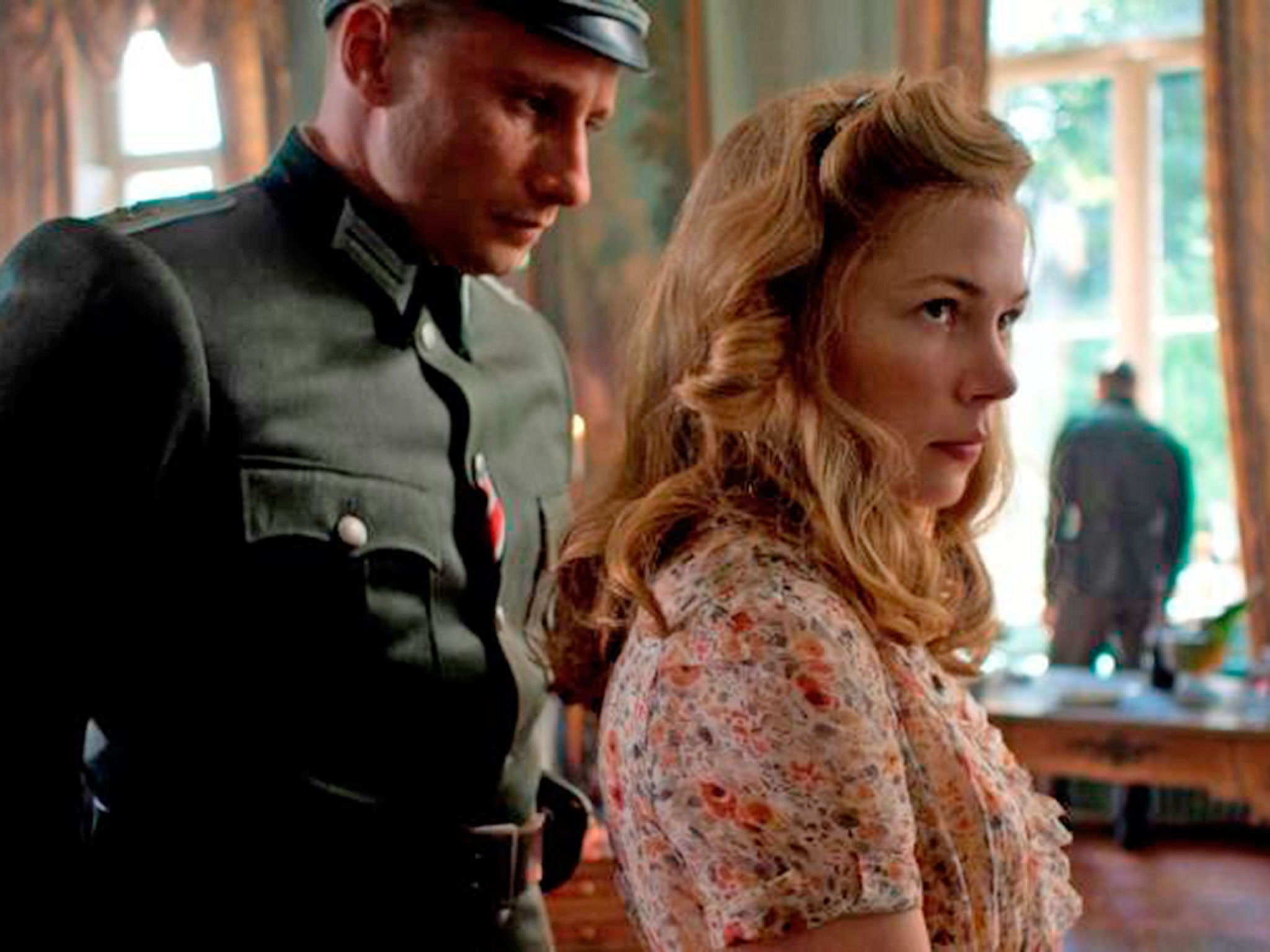Unfinished business: there's more to a good book than its ending
Week in Books column: Arifa Akbar

Book endings have come under scrutiny in past days, insofar as pollsters tell us that not every reader reaches them – especially where the classics are concerned. If some have missed out on the fact that Anna Karenina (spoiler alert!) dies by her own hand in Tolstoy’s novel, or that Theo Decker (another alert) doesn’t in Donna Tartt’s, that’s their loss, I suppose, but the most troubling, and unanswered, question here – and I didn’t even see it until a colleague pointed it out – is why such data is being gathered.
The survey in question was conducted by the e-bookseller company Kobo, which can evidently pinpoint the last page viewed by readers. It is an inverse of the calculation taken by such sites as Amazon to configure, from past sales, the kind of books to highlight in their advertising for particular users – except far worse, because it can view individual behaviour, rather like if a supermarket were able to view how many cream buns we ate on our own out of a deluxe family pack.
The fact that such information was gathered, and then distributed, was obscured by the “fascinating” news story that not all of us finished The Goldfinch. Of course, with a physical book, we might put it down at page 400 and pick it back up, 10 years later, to finish the last 400 (in Tartt’s case). The answer is not to refuse to read electronically, but to inquire into the legitimacy, or just plain decency, of such intrusive and seemingly shaming data collation.
There is another aspect to book endings that I found myself considering this week, at an early press screening of the film adaptation of Irène Némirovsky’s Suite Française. The book, of course, was never finished – the war tragically intervened by cutting short the writer’s life – so we will never know Némirovsky’s intended ending.
It was interesting to see what the director of the film, Saul Dibb, had done with this story of loving, and hating, the enemy in Nazi-occupied France, the film freighted with both the book’s suspended ending, and Némirovsky’s own end in Auschwitz. I won’t spoil it for those who await the release of the film adaptation next March (and it is well worth seeing); all I will say is that it will doubtless raise debate – and passions – as it did among us journalists huddled outside the screening room this week. Did Némirovsky’s text point in the direction that Dibb took it? Would she have approved? Or was it a cinematic fudge, with its healthy dose of romance put above anything harder-edged?
The literary conundrum born of a book left unfinished is not unique to Suite Française, even if this book is especially redolent of unfulfilled potential and senseless waste. Jane Austen never finished Sanditon, and the same goes for Charles Dickens’s The Mystery of Edwin Drood. Both have been given posthumous conclusions, to varyingly successful degrees. Should these classics have endings latched on, or be left suspended forever? The purists would perhaps prefer the incomplete text, considering it superior to adaptation even in its unfinished state. But having watched Dibb’s film, and been taken in by his ending – albeit an open-ended ending, perhaps in a nod to the fact that Némirovsky intended this novel to be in a series of five – I can live with this imagined outcome, because it finds hope and goodness in a war that we know failed to defeat hope and goodness. Némirovsky might have approved of that.
Hello, adult readers, it’s me, Judy Blume
So Judy Blume will publish her first adult novel in 16 years, it was formally announced by Picador this week. The book is about three plane crashes which occurred in New Jersey within the space of three months in the early 1950s. According to Blume, In the Unlikely Event “is based on a series of tragedies in the town I lived in when I was growing up, and the terrible time it was for the adults and the children – although the adults never talked to the children about it.”
There is nothing surprising in authors writing for both adults and children, though some fall victim to their own success as “children’s authors”. We only have to think of the hullabaloo over JK Rowling’s “first” adult novel, The Casual Vacancy in 2012. (Hadn’t adults been reading Harry Potter all along?) Let’s remember that the best so-called children’s authors have penned brilliant and compelling grown-up fiction too, Roald Dahl notwithstanding.
Subscribe to Independent Premium to bookmark this article
Want to bookmark your favourite articles and stories to read or reference later? Start your Independent Premium subscription today.

Join our commenting forum
Join thought-provoking conversations, follow other Independent readers and see their replies